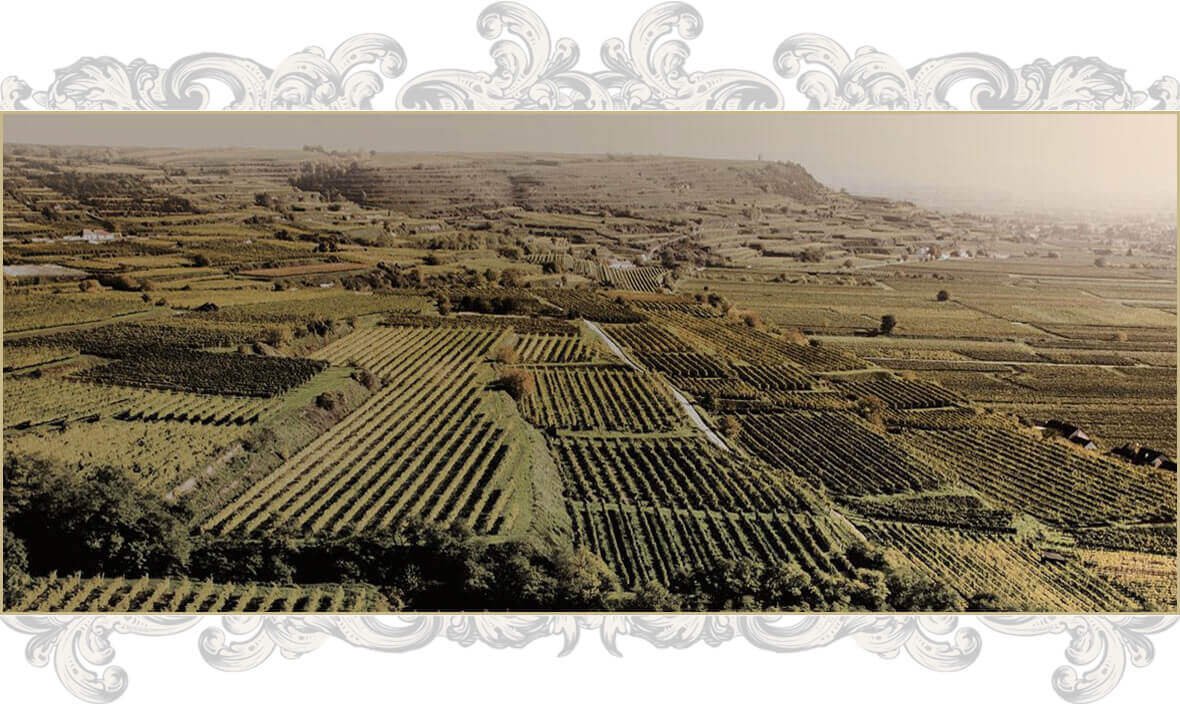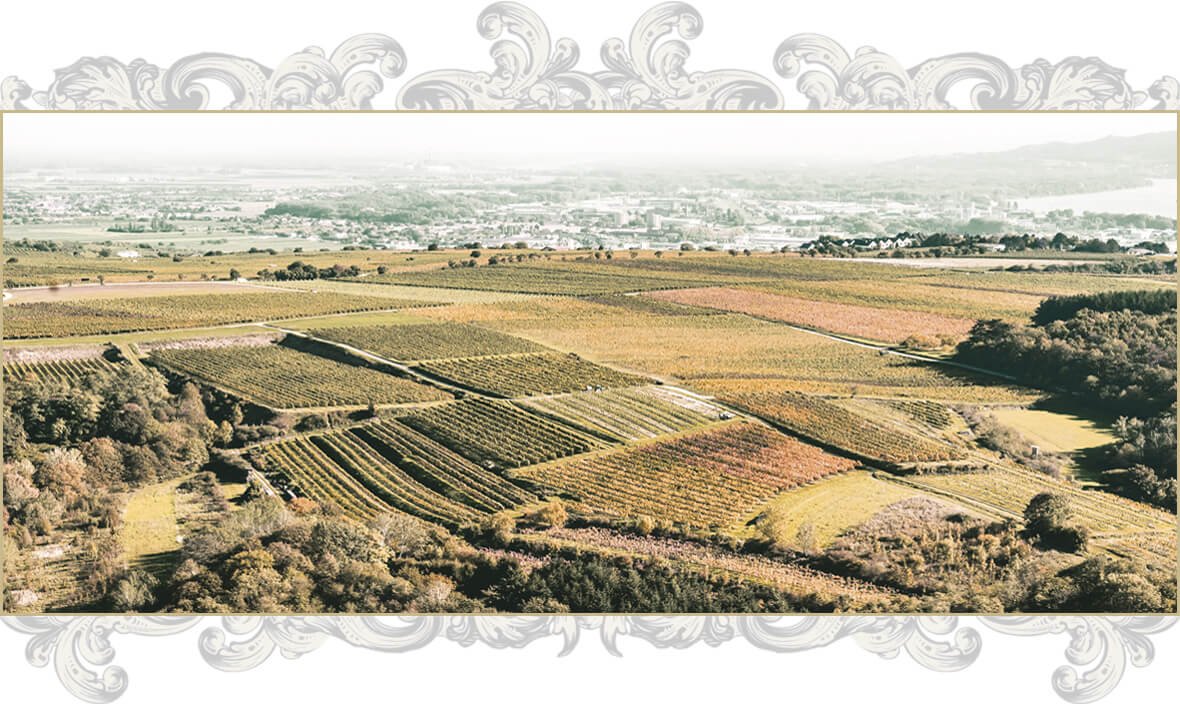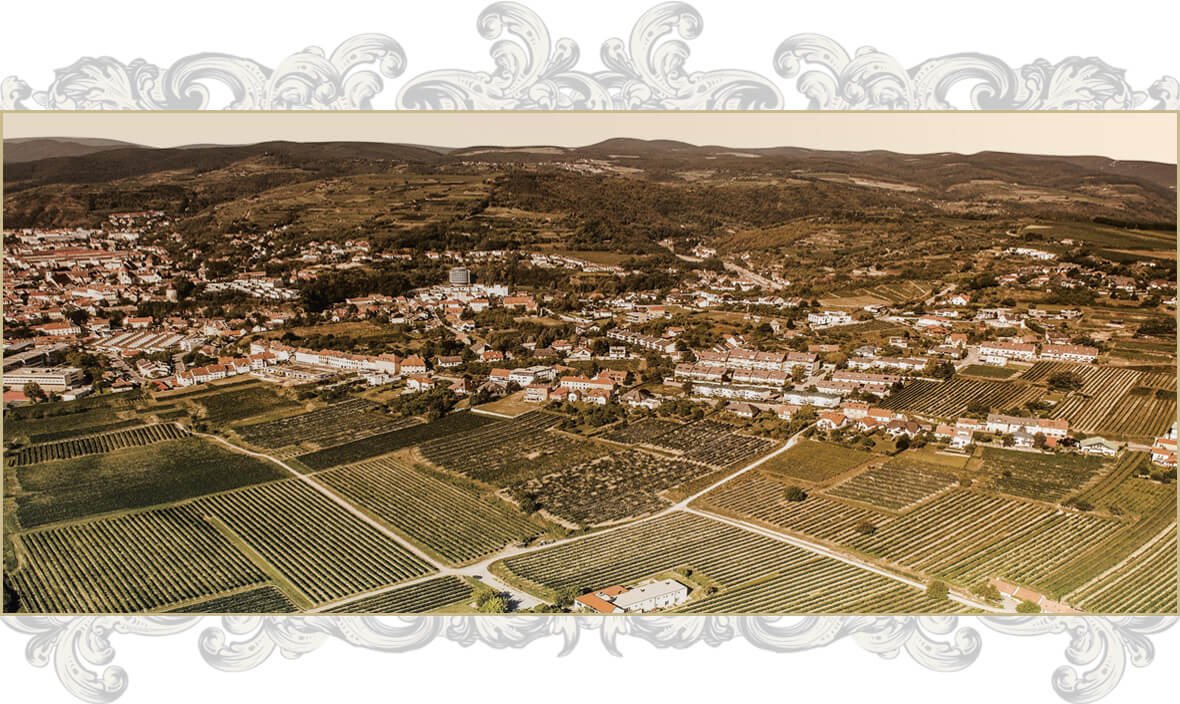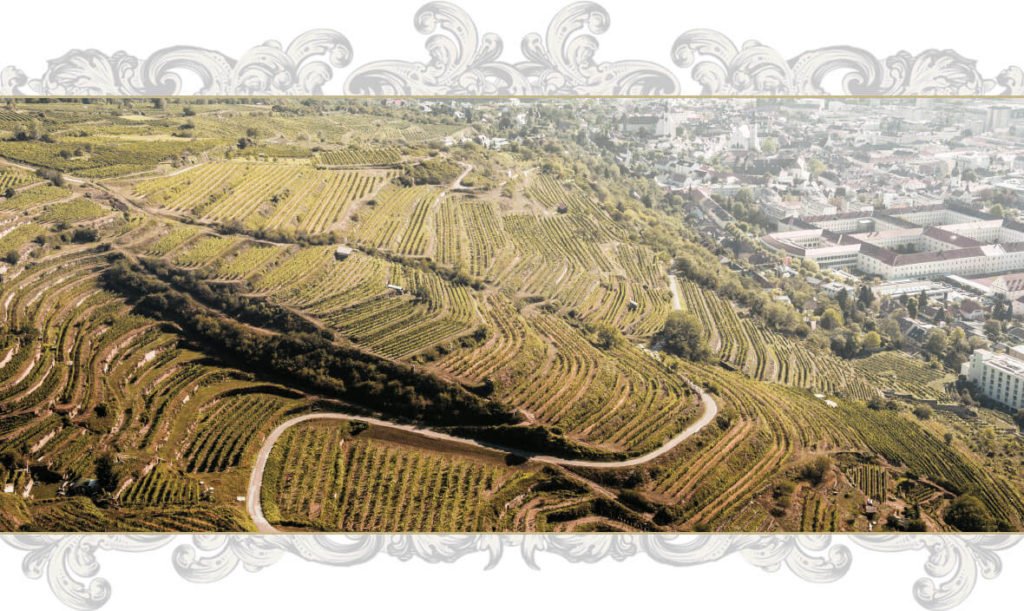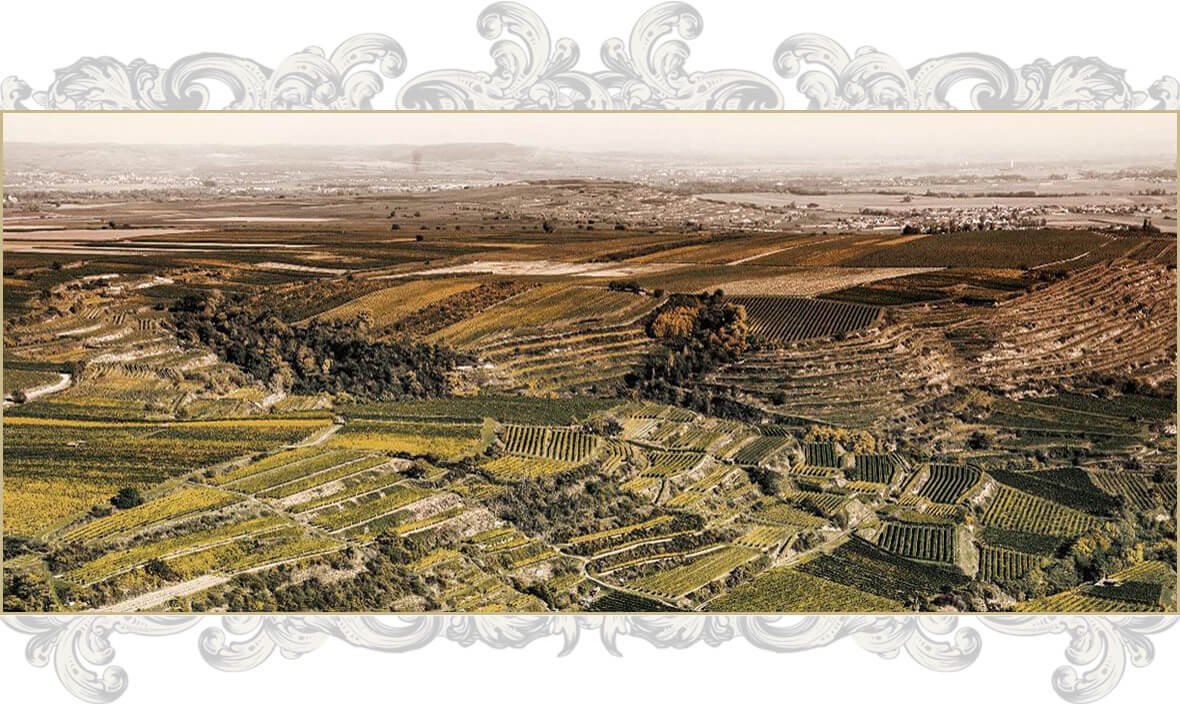Synonyms for Integrated Viticulture
„umweltschonender Weinbau“ (Deutschland)
„Viticulture Raisonnée“ (Frankreich).
„Kontrolliert Integrierte Produktion“ (Österreich)
Key Organizations
„Kontrolliert Umweltschonender Weinbau“ (KUW)
„Verband Deutscher Prädikatsweingüter“ (VDP) Deutschland
„Terra Vitis“ (TV) Frankreich
„Kontrollierte Integrierte Produktion“ (KIP) Österreich.

